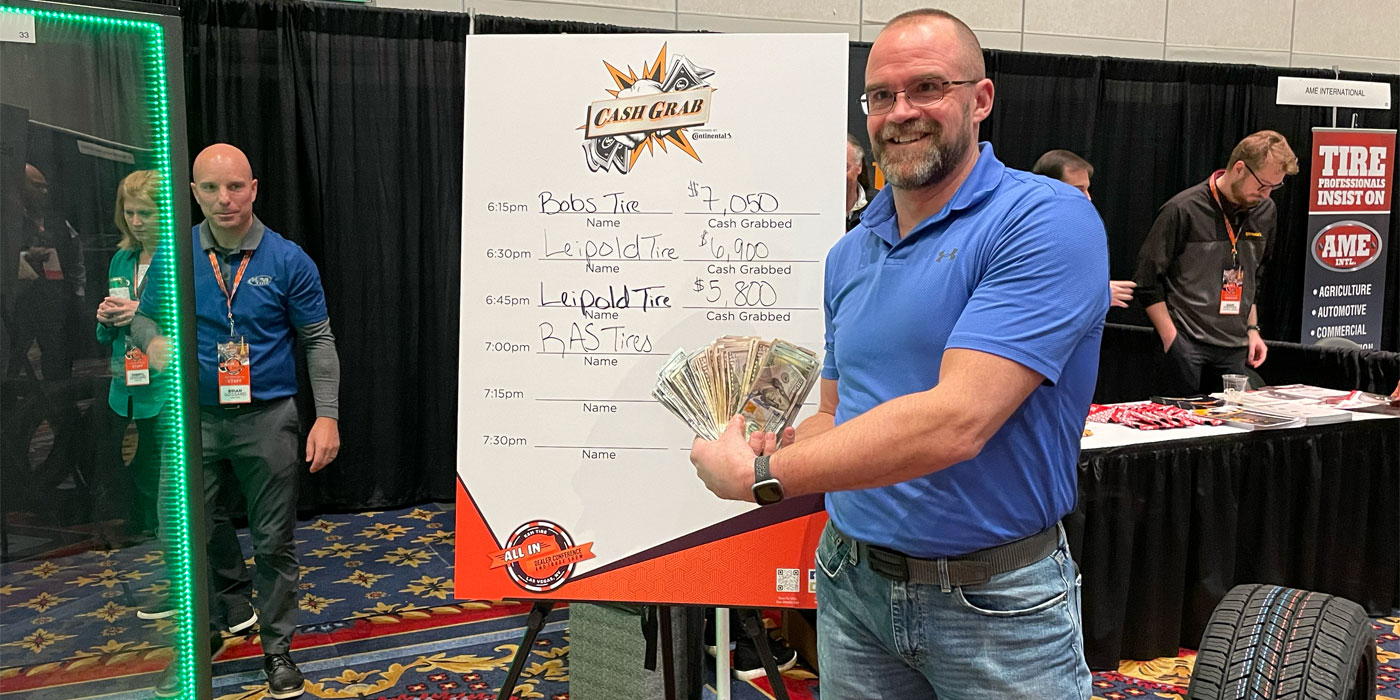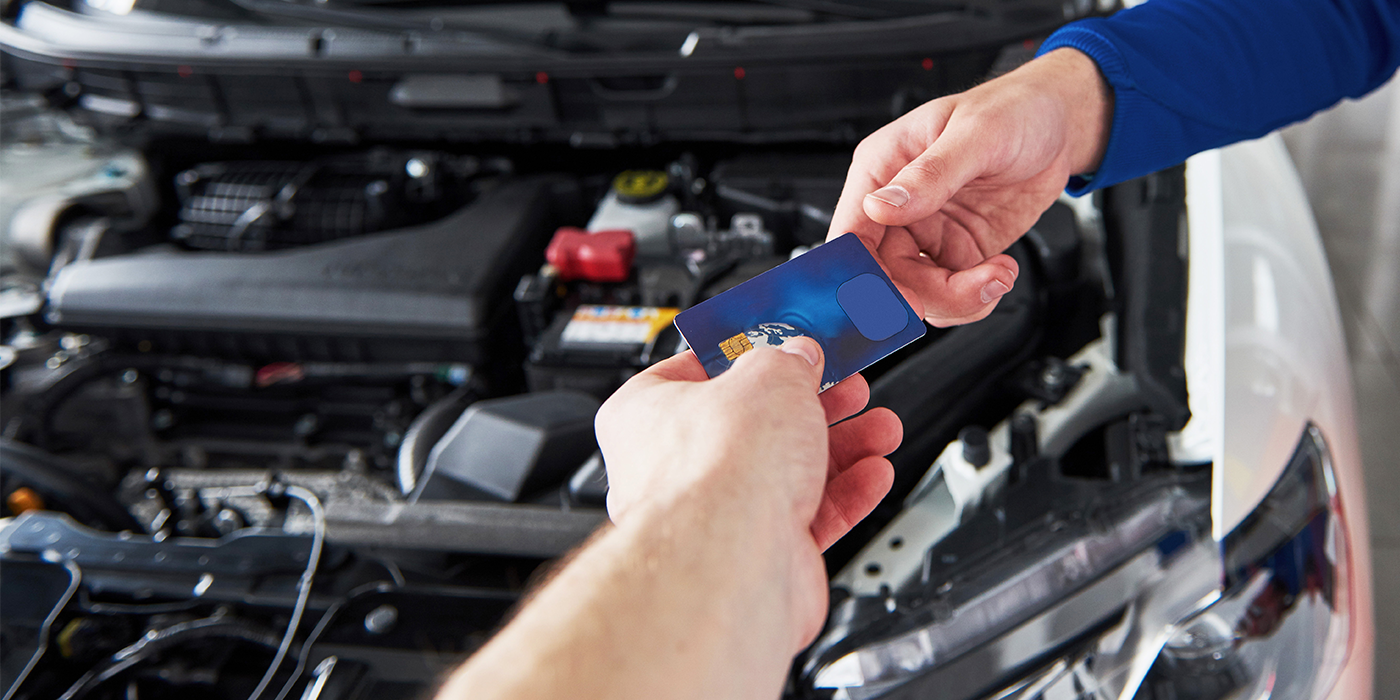Have you heard of Section 179? If not, there’s an opportunity you may be missing. The 2003 tax year is the first of only three years during which you can expense a much higher amount of your costs of doing business.
Thanks to President Bush’s economic stimulus and tax-reduction package signed into law in May 2003, small- to medium-sized businesses have more opportunities to cash in at tax time. The catch: This offer lasts only for a limited time.
An incentive for business owners to invest in new equipment, modernize their facilities and potentially create new jobs, the 2003 tax law allows businesses expanded write-offs on equipment purchases. It also allows for bonus depreciation for other equipment (including new cars used for business) and a modest postponement in corporate estimated tax payments.
Now’s the Time
These cuts and other changes, in general, will phase out at varying times from 2004 to 2010. Section 179 benefits, specifically, phase down after tax year 2005. So, now is the time to take advantage.
Here is an overview of Section 179, before and after tax year 2003:
®€′ Before the 2003 tax law, expensing was allowed for up to $25,000 on new equipment purchased that tax year up to a value of $200,000. That means that if you bought $75,000 in new equipment, you could only expense up to $25,000. If new equipment purchases exceeded $200,000, that $25,000 allowance was reduced dollar for dollar by the amount the purchases exceeded $200,000.
®€′ The new tax law increases that base threshold to $100,000 (for purchases in tax years 2002 through 2005). It also increases the max limit to $400,000. Therefore, equipment purchases up to $100,000 can be completely expensed under Section 179. After equipment purchases pass the $400,000 mark, the benefit is reduced dollar for dollar.
Under the new rules, for every dollar above $400,000 that a business owner spends on eligible equipment, he or she loses a dollar of Section 179 deductions. For example, if you decide to purchase all new equipment to revamp your dealership, and it costs you $407,000, you must reduce your eligible deduction limit to $93,000, which is the $100,000 maximum deduction minus $7,000, the amount you went over the $400,000 limit.
"Traditionally, if a tire dealer buys equipment such as a tire changer or balancer, he or she would have to write it off over a seven-year period," says Richard Lipton, senior partner and founder of Richard L. Lipton CPA & Associates, an accounting and consulting firm in Morris Plains, N.J. "Section 179 allows dealers immediately to write off up to $100,000 worth of purchases of qualified equipment."
Lipton’s 10 years as a stockholder and manager of family-owned Sam’s Tire Co. (Patterson, N.J.) makes him uniquely capable to speak about the financial concerns of independent tire dealers.
What’s Included
"Qualified equipment," according to Lipton, includes any tangible, movable machinery or articles used in the U.S. for business operations and not for capital improvement. In other words, you can expense your new tire changer, balancer, jacks, service trucks, cash register, computers, software and certain hand tools (those with a life expectancy of less than a year). You cannot expense new HVAC or building structures under Section 179.
In addition, the equipment must be put into service after 2002 and before 2006. The Section 179 deduction must be elected for the tax year in which the property was first placed into service. "If you lease the equipment and return it at the end of the lease, you cannot use 179," says Lipton. "However, you can use it if you get a loan and purchase the equipment, as long as it is placed into service that year. Financing can be considered a purchase," he explains.
Though computer software is technically "intangible," it still qualifies as a 179 deduction, according to Lipton. Under previous law, business owners had to depreciate the cost of purchased software over a three-year period. Now, the change in the law allows them to expense rather than depreciate the full cost of their new software ®€“ up to $100,000.
But, Lipton also warns that "for purchases after 2005, the $100,000 limit will drop to $25,000, and the election will end."
A Big Ticket Option
Larger dealers that don’t qualify for a Section 179 deduction ®€“ because they have spent more than $400,000 on new equipment in one year ®€“ have another option, Lipton notes. Instead of depreciating equipment over seven years, they can elect to write off 50% immediately in the first year. "If a large dealership purchases $10 million of equipment, it can take 50% of it right away in the first year," he explains. The other 50% would be written off over seven years.
This large first-year write-off is called an "accelerated front loading," according to Lipton. And, like the Section 179 incentive, accelerated front loading also ends in 2005. "It’s a limited window of opportunity for dealers," Lipton says. "Dealers should be aware of how much money they can save by investing in equipment and modernizing their dealerships."
In a speech last year in St. Louis, President Bush said the tax changes would give small business owners a tax cut of $2,042 for the year 2003. The reduction will come mainly from the acceleration of income-tax rate reductions and the increase in "Section 179 expensing," he said.
A few things to keep in mind: The Section 179 deduction is not automatic. You must elect to take advantage of it on Form 4562. And, there are consequences to taking the Section 179 deduction, according to Lipton, so as always, contact your tax advisor before making any tax decisions.
Editor’s Note: Lipton is president of Richard L. Lipton CPA & Associates, an accounting and consulting firm based in Morris Plains, N.J. He can be reached at 973-292-9252 or through www.liptoncpa.com.
‘Tis the Season
In addition to being tax time, late March and early April is also the time when the Culex mosquito ®€“ the main culprit in spreading West Nile Virus ®€“ comes out of hibernation.
West Nile Virus is a mosquito-borne disease that can cause encephalitis. It was first detected in the U.S. in 1999. Most susceptible to developing severe illnesses as a result of infection are those over 50 or with weakened immune systems. But, anyone can get the virus.
When discarded tires are allowed to accumulate even a small amount of water, they become attractive sites for mosquitoes to lay eggs. Mosquitoes start laying eggs in late March and early April, and it only takes about seven to 10 days for the Culex to hatch.
Thousands of mosquitoes can be bred from just one tire. The most effective way for tire dealers to control mosquitoes ®€“ and ultimately the West Nile Virus ®€“ is to eliminate these dangerous breeding areas.
Experts recommend controlling mosquitoes by applying a larvacide, draining the water or covering the tires with a tarp.
Chemicals available for use on tires include: common rock salt; Altosid XR-G (Methoprene), an insect growth regulator; Abate (Temephos), an organophosphate; Bacillus sphaericus; B. thuringiensis israelensis; Temephos; and momo-molecular films.
Certified exterminators can help you determine which product best suits your situation and what type of control activities should be conducted.
Above all, the best way for tire dealers to help the problem is to eliminate water that pools in tires.













